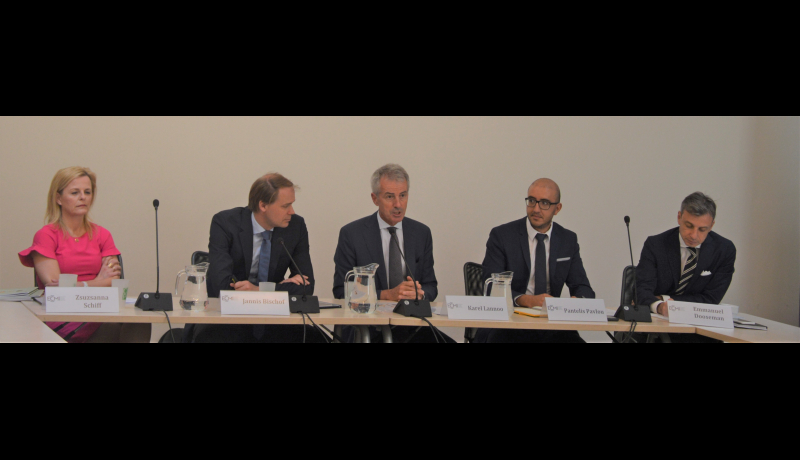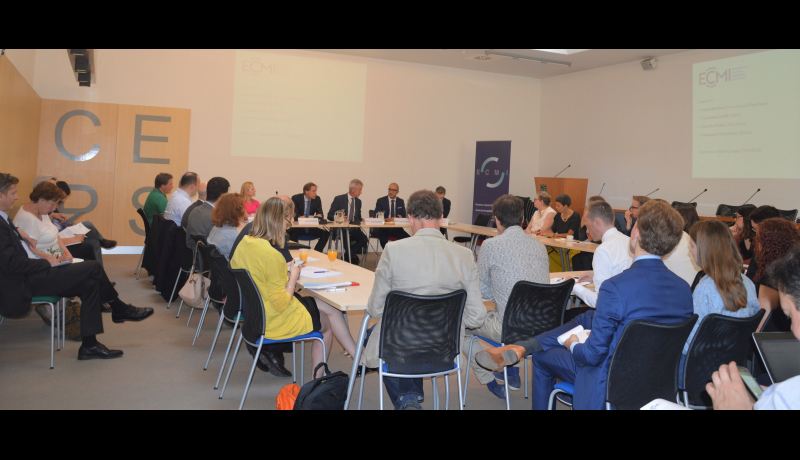Accounting standards for financial instruments: Is IFRS 9 designed to confuse?
International Financial Reporting Standards (IFRS) 9, issued by the International Accounting Standards Board (IASB) on 24 July 2014 and came into effect on 3 January 2018, addresses multiple aspects of accounting for financial instruments, namely classification and measurement, impairment of financial assets and general hedge accounting. The objective is to establish common and harmonised principles for the reporting of financial assets and financial liabilities.
The new standard requires companies to apply a forward-looking approach (based on the expected credit loss model), enhances the risk management judgement and introduces additional disclosure requirements. While IFRS 9 creates opportunities to corporations and investors, it also poses challenges. For example, it has been difficult to achieve the international comparability that the standards attempt to establish, as each country follows its own set of rules. Synchronising accounting standards across the globe is an ongoing and challenging process.
- Are firms building on existing models and infrastructure, or are they redeveloping new models and segmentation?
- Are limitations on data availability and quality causing implementation challenges?
- How does IFRS 9 affect banks and non-bank financial intermediaries, in particular their investment strategies and lending mix (lower appetite for volatile sectors, higher risk assets and long maturities)?
- What are the implication of Brexit for UK financial reporting? Can the UK expect to continue to exercise a level of influence on international standard-setting?
Speakers:
- Zsuzsanna Schiff, Manager, Auditing and Reporting, Financial Services Faculty, ICAEW
- Jannis Bischof, Professor of Accounting, University of Mannheim & Member of EFRAG Financial Instruments Working Group
- Pantelis Pavlou, IFRS Expert - Impairments, KBC Group
- Emmanuel Dooseman, Partner, Global Head of Banking, Mazars
Moderator: Karel Lannoo, CEO, CEPS and General Manager, ECMI
Registration
- Registration is free of charge for ECMI/CEPS members, EU/national officials, full-time academics, PhD students (subject to available seats), NGOs (not representing industry sectors or a commercial interest) and press.
- Other participants may be admitted for €175 (VAT included, payable in advance or at the registration desk).
- Registration and sandwich lunch from 12:30.


